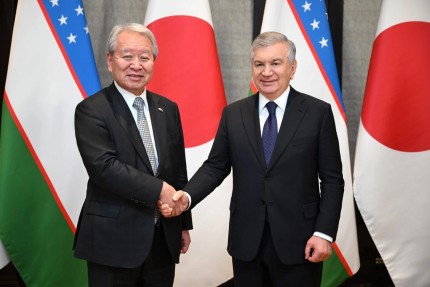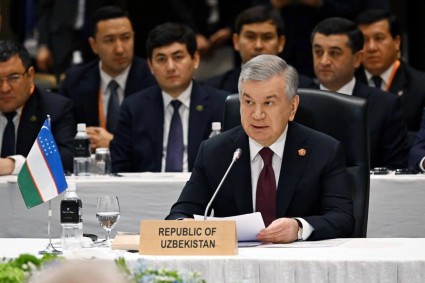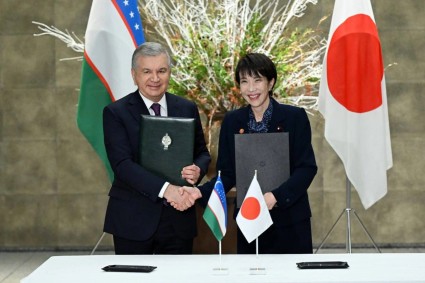U.S. Senators Chris Murphy (D-Conn.) and Todd Young (R-Ind.) introduced legislation on September 7 to repeal the Jackson-Vanik amendment for Kazakhstan, Uzbekistan, and Tajikistan and grant the three Central Asian states permanent normal trade relations (PNTR) status.
If passed successfully, the U.S. Congress will have alleviated a notable point of irritation for the states of Central Asia affected. In light of the Russian war in Ukraine’s deleterious effect on Moscow’s influence in the region and simultaneous Chinese inroads into Central Asia, repealing the Jackson-Vanik amendment for Kazakhstan, Uzbekistan, and Tajikistan is a considerable gesture of goodwill from the United States.
The Jackson-Vanik amendment to the Trade Act of 1974 rendered certain countries ineligible for normal trade relations with the United States due to restrictions on emigration, specifically that of Soviet Jews seeking to leave the USSR. Although the Soviet Union collapsed in 1991, Jackson-Vanik lived on.
Over the years, many countries subject to the amendment were granted conditional normal trade relations on an annual basis, after review. A number of countries, including Kyrgyzstan in 1998 and Russia in 2012, were freed from the amendment’s burden of reviews to establish normal trade relations — having sufficiently proven that they did not unnecessarily restrict emigration.
But although some countries moved out from under Jackson-Vanik, most Central Asian countries — Kazakhstan, Uzbekistan, Tajikistan, and Turkmenistan — remained subject to its provisions.
As Washington policymakers sought ways to bolster relationships with countries on Russia’s periphery, both physical and political, Jackson-Vanik came cropping up as a complaint.
In March this year, on the heels of U.S. Secretary of State Antony Blinken’s February trip to Kazakhstan and Uzbekistan (and onward to India) the Senate Foreign Relations Committee’s Subcommittee on Near East, South Asia, Central Asia, and Counterterrorism convened to hear testimony from Assistant Secretary of State for South and Central Asia Affairs Donald Lu and Geoffrey Pyatt, assistant secretary of state for energy resources.
The subcommittee’s chairman, Murphy, referenced earlier testimony by Lu before the House Foreign Affairs Committee in September 2022 in which he stated the Biden administration’s support for the repeal of Jackson-Vanik in regard to Kazakhstan, Uzbekistan, and Tajikistan. Lu said the matter of Jackson-Vanik was raised in each of Blinken’s meetings with his Central Asian counterparts. “It is a real drain on the sense of trust between our countries,” he said.














